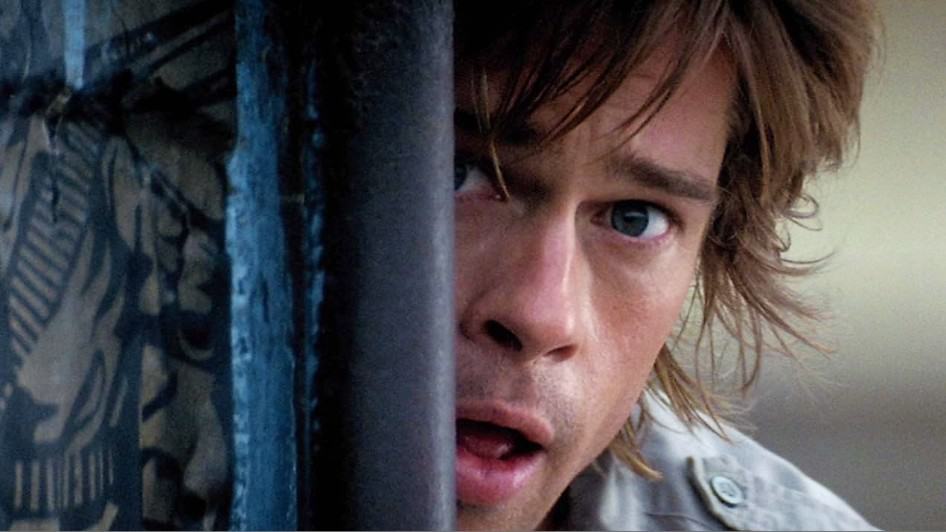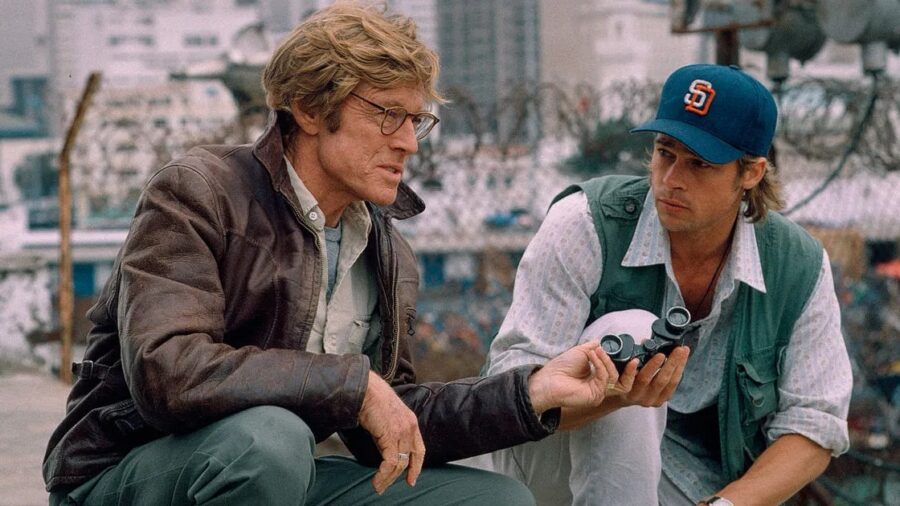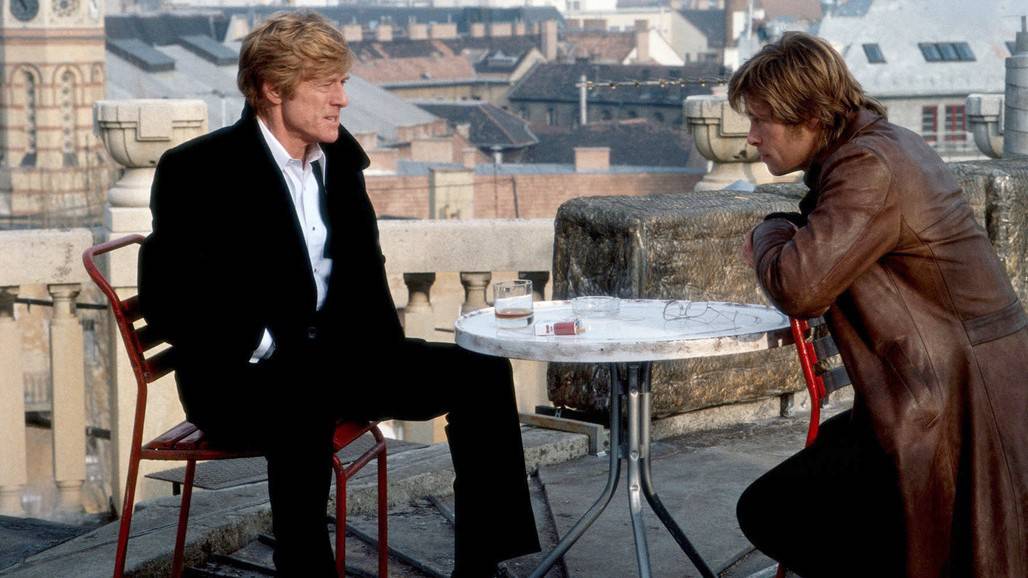Brad Pitt & Robert Redford’s Intricate Espionage Tale
The Underestimated Power of ‘Spy Game’
In 2001, the world of cinema was graced by a trifecta of Brad Pitt films, amongst which “Spy Game” stood out. Not only did it solidify Pitt’s position in Hollywood, but it also showcased the deft direction of Tony Scott. However, it’s the film’s unique handling of spy tropes and a riveting narrative that truly set it apart.
A Tale of Deception and Collusion
Set against the backdrop of an impending US-China trade deal in 1991, the story revolves around Tom Bishop (Brad Pitt), a key CIA asset, finding himself at the mercy of a People’s Liberation Army Prison. With execution looming within 24 hours, the narrative dives into the depths of government deceit and covert operations. “What makes Spy Game work so well is that it subverts your expectations and shows you the kind of deception and collusion that can be found at the highest level within a government agency.”

A Flashback into Complications
The dynamic between the CIA operative Nathan D. Muir (Robert Redford) and Bishop forms the heart of the film. From their first interaction during the Vietnam War, where Bishop, a sharp-shooting Marine, revealed he acquired his skills during his boy scout days, to more challenging moral decisions down the line, their journey is fraught with tension.
Bishop’s budding romance with relief worker Elizabeth Hadley (Catherine McCormack) further complicates matters, especially when Muir’s covert decisions bring her into the crosshairs of international espionage.

A Modern Spy Drama with Traditional Charm
Unlike conventional spy dramas, “Spy Game” strikes a delicate balance between intense action and comedic levity. Their camaraderie shines through in their witty exchanges. In a particularly memorable dialogue, “Bishop asks Muir if secret agents are supposed to drink martinis, to which Bishop replies, ‘scotch, never less than twelve years old.'”
Interestingly, Brad Pitt opted for “Spy Game” over the iconic Jason Bourne role in “The Bourne Identity”. Although the decision might seem questionable given the Bourne franchise’s success, “Spy Game” didn’t disappoint at the box office, raking in a considerable $143 million.

Critical Acclaim and Audience Reception
With a commendable 64 percent critical score on Rotten Tomatoes, “Spy Game” found favor among many, although some critics, including Roger Ebert, felt a certain emotional detachment from the narrative. However, the flashback sequences were unanimously appreciated, setting a contrasting tone to the present-day narrative.
Concluding, “Spy Game” is more than just another spy thriller. It is an exploration of relationships, moralities, and the blurry lines between right and wrong in the world of espionage. With powerhouse performances by Brad Pitt and Robert Redford, this is one cinematic gem that shouldn’t be missed. So, for those who’ve yet to experience this rollercoaster, it’s time to dive into Netflix and witness the magic.









